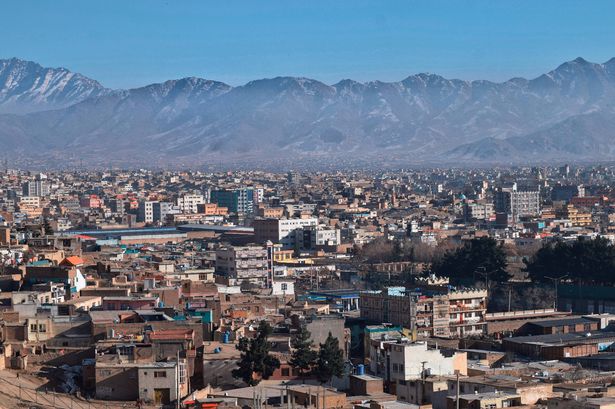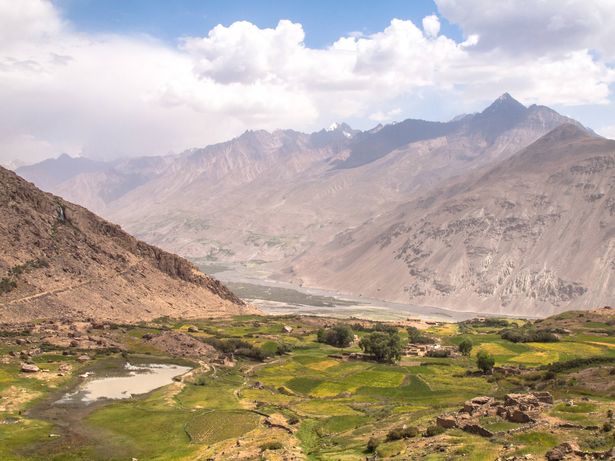Afghanistan is one of the most dangerous countries in the world, with the lowest score on the Global Peace Index from 2018 to 2024 despite falling levels of violence
Despite being one of the most dangerous places on Earth, an Asian country is seeing a surge in tourist numbers. Afghanistan, often dubbed the world’s most perilous nation, has consistently scored lowest on the Global Peace Index from 2018 to 2024 amid decreasing violence.
It was flagged as “extreme” risk on the 2024 danger map due to intense political strife and widespread disorder, alongside rife violent and petty crimes. Nevertheless, visitors keep flocking, with statistics reporting a jump from 691 tourists in 2021 to 2,300 in 2022, and a remarkable rise to 7,000 by 2023.
READ MORE: Shoppers ‘obsessed’ with £20 retinol serum that ‘smooths deep wrinkles’ in two months
Euronews suggests that this unlikely travel hotspot owes its boom to better air links via Dubai and the allure of holidaying somewhere extraordinary.
Tourist visas for Afghanistan remain pricey and challenging to secure, with international relations frayed after the Taliban’s resurgence – no nation recognises their claim to power.
The capital Kabul has the most international flights, but no Afghan airport has direct routes with major tourist markets like China, Europe or India with airlines largely avoiding Afghan airspace.
There are also problems with the road network, which is half-paved or non-existent in some parts of the country. Furthermore, the local road infrastructure remains underdeveloped, fully paved routes are sparse, and some areas entirely lack roads, reports the Express.
Mohammad Saeed, the head of Kabul’s Tourism Directorate, has grand plans for Afghanistan to become a tourism hotspot, with support from the Taliban’s top brass.
In a bid to boost tourism, Afghanistan is nurturing future talent through a Taliban-run institute that trains men in tourism and hospitality, aiming to draw more visitors.
The institute’s 30 male students, who range in age and background but share a lack of industry knowledge, are learning the ropes of attracting tourists.
Business school grad Samir Ahmadzai, one of the eager learners, shared his vision: “People hear that Afghanistan is backwards, poverty and all about war. We have 5,000 years of history. There should be a new page of Afghanistan.”
The curriculum covers Afghan crafts and anthropology, but there’s also an informal focus on managing interactions with foreign women, whose habits might conflict with local norms and Taliban rules.
Taliban regulations have tightened around women’s dress and travel, requiring them to have a male chaperone.
For Afghan women, life has grown more restrictive, with limited public socialising options and closures of gyms and beauty salons.

